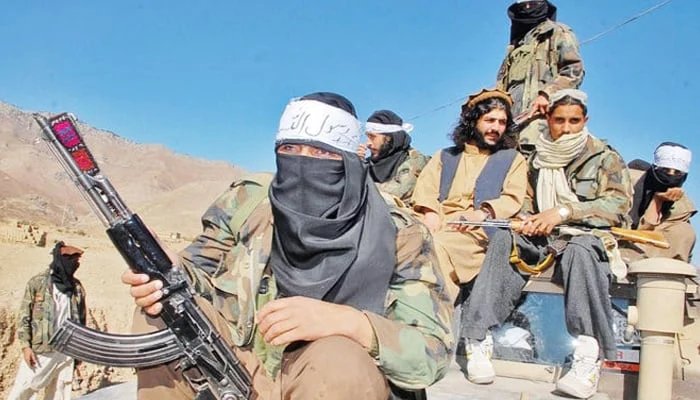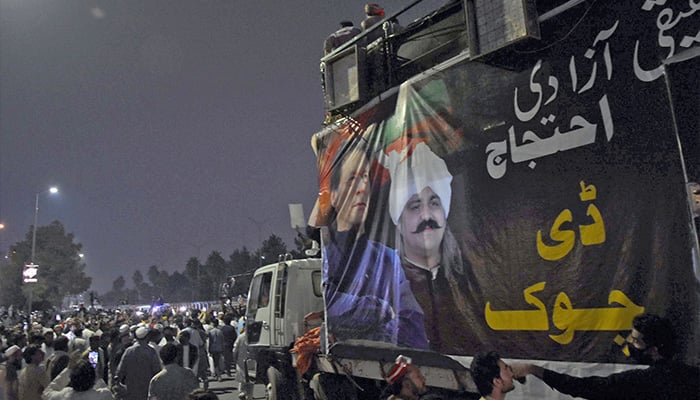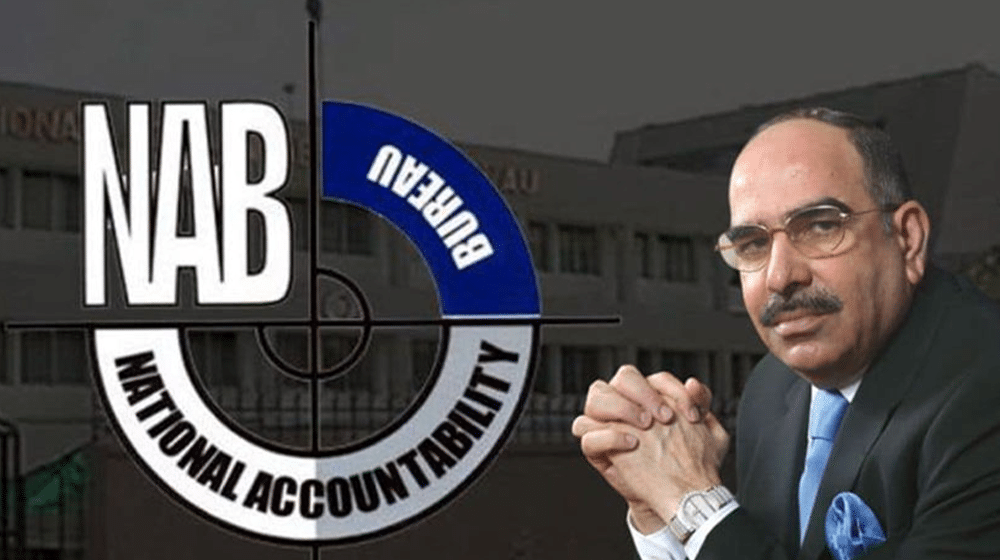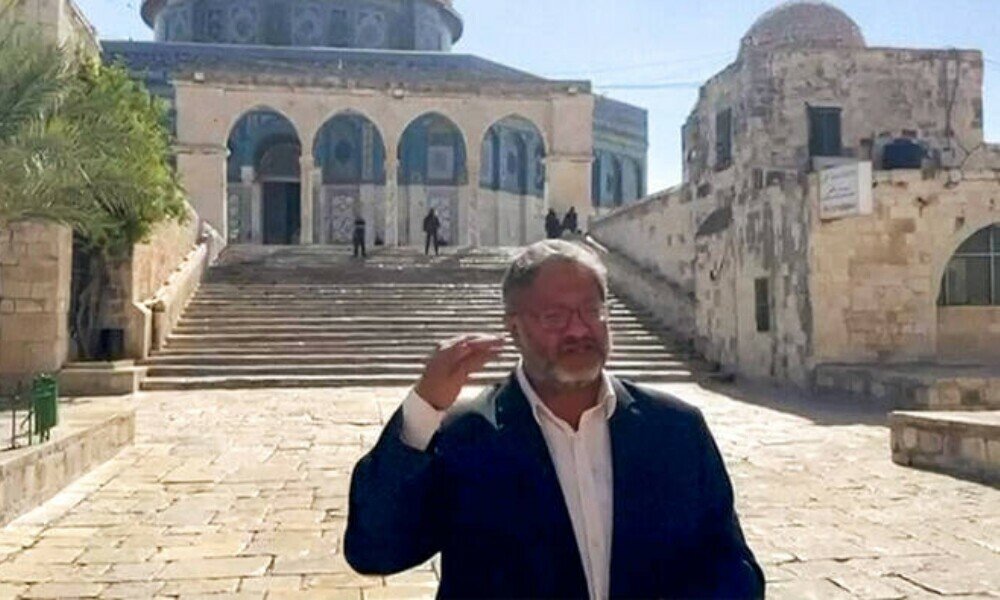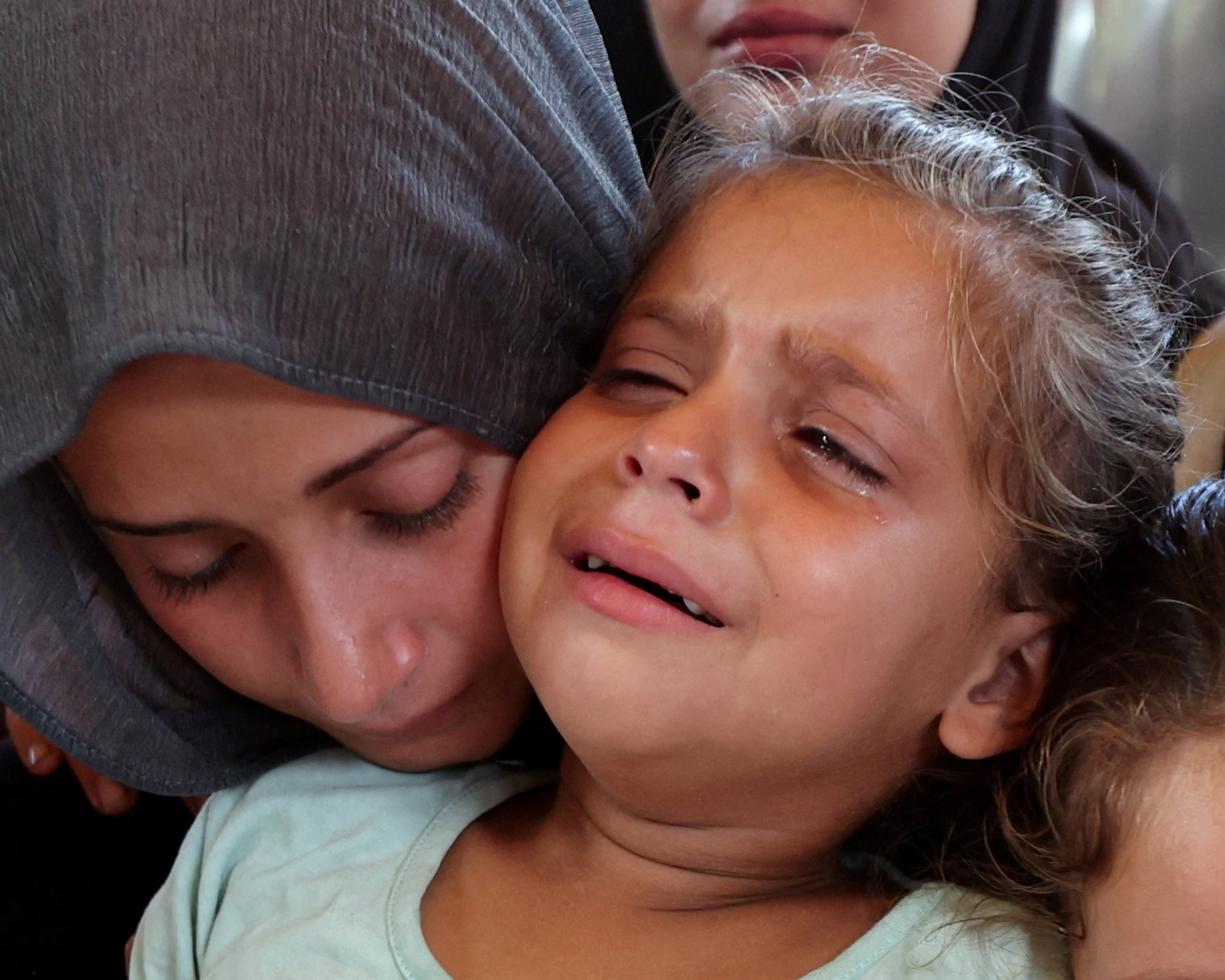The banned Tehreek-i-Taliban Pakistan (TTP) has pledged to stop using civilians as human shields and to end extortion under the guise of Zakat and Ushr collection in the conflict-hit Tirah Valley of Khyber District. This assurance came through a five-point agreement, issued on the group’s official letterhead, stamped by its Rahbari Shura, and publicly read by a Bar Qambarkhel tribal elder before local jirga members.
The accord, however, falls short of a full militant withdrawal. TTP leaders reiterated their commitment to armed resistance against state forces and warned that anyone found collaborating with security agencies would be punished. The statement described their campaign as an “armed jihad” requiring public sympathy while instructing fighters not to interfere in local community affairs.
Key provisions included prohibiting militants from occupying private homes or using them as defensive positions during security operations, and banning any abductions, detentions, or torture of civilians. The group also promised internal disciplinary action against members extorting Zakat or Ushr and pledged to investigate, under Sharia, any killings or kidnappings verified by local elders.
The agreement followed intense negotiations between TTP representatives and the Bar Qambarkhel jirga after public outrage over the killing of a young girl and injuries to two disabled brothers linked to extortion refusals. In response, the jirga fined Rs5 million for paying illegal levies to militants and Rs500,000 for refusing collective tribal action against them.
Local reactions remain divided. Some see the pact as a step toward easing civilian suffering, while others dismiss it as cosmetic, noting the militants’ refusal to leave Tirah. Critics also fault state security forces for failing to neutralize TTP leaders, even as jirga elders met them face-to-face.



